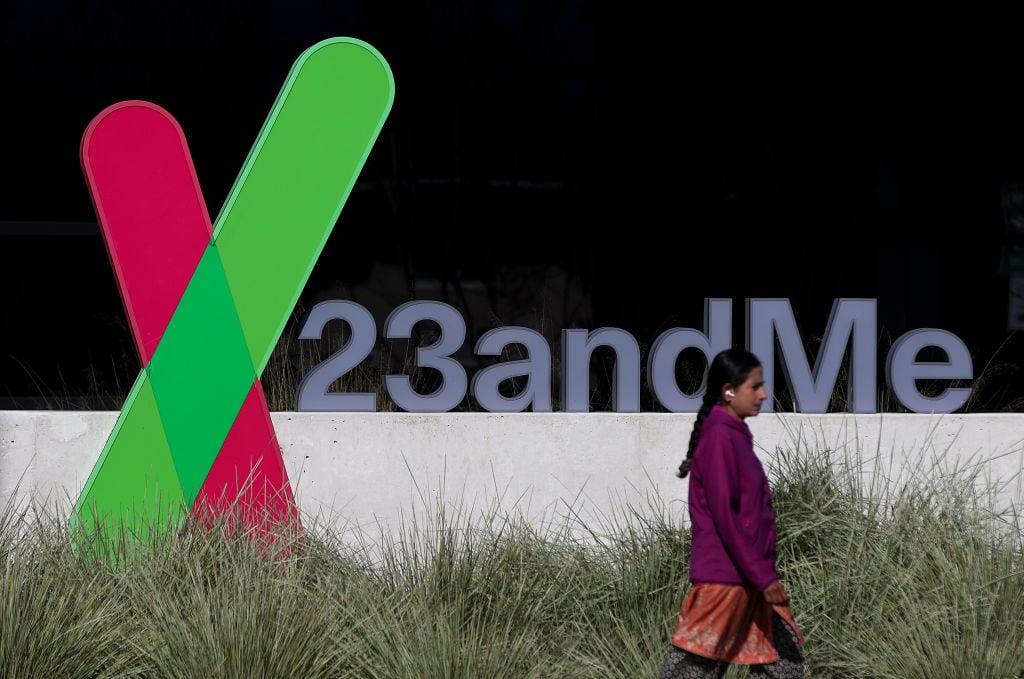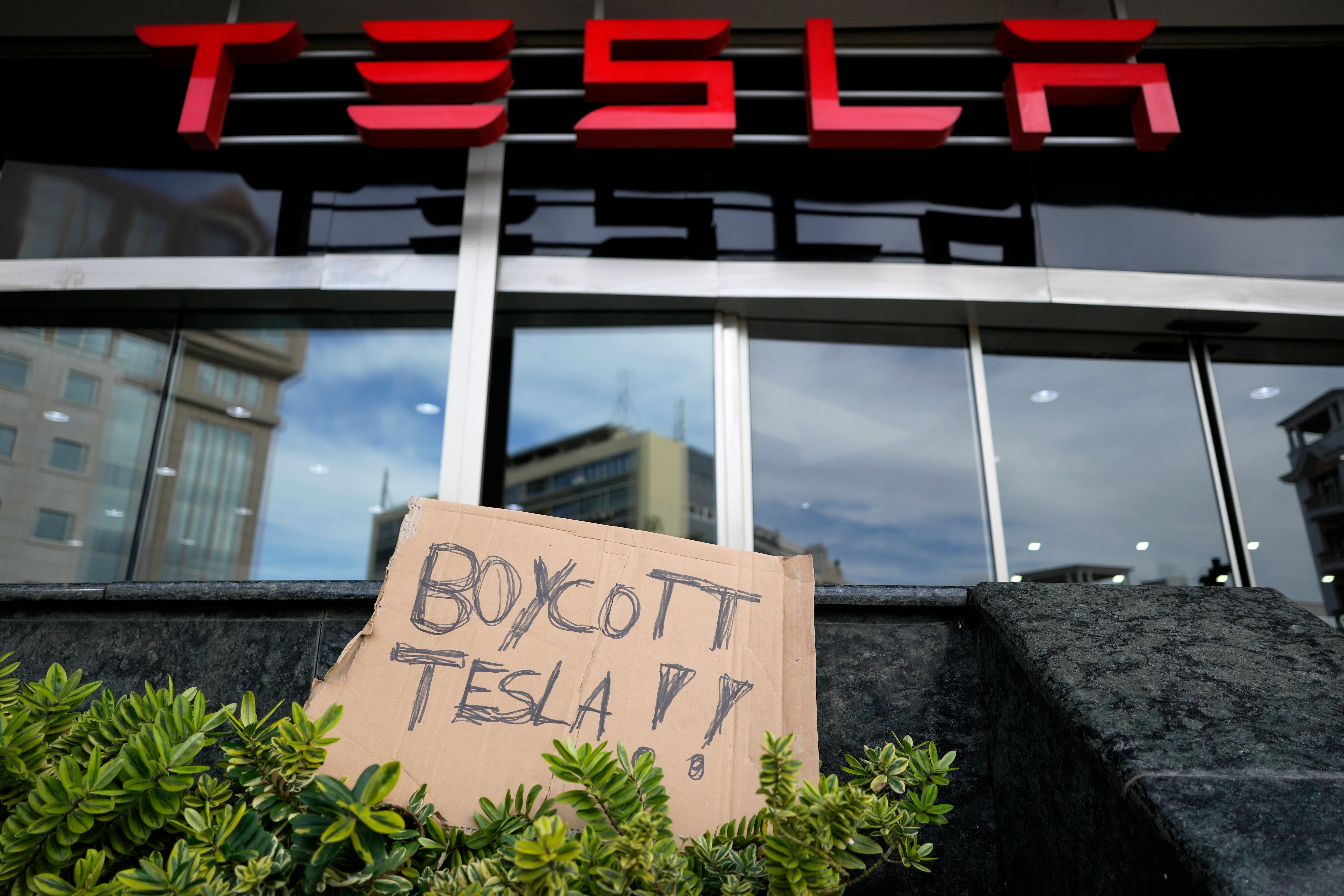JPMorgan CEO Jamie Dimon said the U.S. and the banking industry should amend regulations following the collapse of Silicon Valley Bank and Signature Bank last month, saying that the financial system needs to be adjusted so that one bank's failure does not “cause undue panic and financial harm.”
The comments, made in Dimon's letter to JPMorgan Chase shareholders Tuesday, were his first since the two banks failed. Dimon, the chairman and chief executive of the nation's largest bank, is a veteran of the 2008 financial crisis, and one of the last senior executives remaining at a Wall Street firm since the industry nearly collapsed 15 years ago.
Dimon said in his letter there was plenty of blame to go around for Silicon Valley Bank's failure. The bank's management poorly handled the bank's interest rate risk by buying low interest government bonds and mortgages, leaving it too exposed to the Federal Reserve's rising interest rates, he said. Regulators like the Fed did not adequately understand the risks in SVB's balance sheet soon enough to push the bank to adjust course before it was too late.
Lastly Dimon partially blamed venture capitalists and the tech community, whose collective decision to pull their money out of SVB caused the bank to fail through a traditional bank run.
“The unknown risk was that SVB’s over 35,000 corporate clients – and activity within them – were controlled by a small number of venture capital companies and moved their deposits in lockstep,” Dimon wrote.
“This is not to absolve bank management – it’s just to make clear that this wasn’t the finest hour for many players,” he added.
Dimon acknowledged in his letter what was seen anecdotally throughout this crisis: depositors flocked to the nation's biggest banks which are seen as “too big to fail” which arguably gives them an implicit government backstop in times of panic. But Dimon said the country benefits from the existence of smaller banks and community banks because they serve more local populations that their bigger rivals.
“While it is true that this bank crisis ‘benefited’ larger banks due to the inflow of deposits they received from smaller institutions, the notion that this meltdown was good for them in any way is absurd,” he said.
Among Dimon's proposed changes to regulations is making sure the Federal Reserve's annual “stress tests” look for real world issues that could impact banks' financial health. The Fed hasn't done a stress test on rising interest rates in several years, Dimon said, the exact scenario that caused this bank panic in the first place.
“(Stress tests) have become an enormous, mind-numbingly complex task about crossing t’s and dotting i’s,” he said.
Dimon's annual letter to shareholders is often a must-read for bankers, policymakers and the media as he typically goes into great detail about the issues facing the industry as well as the U.S. and global economy.
Dimon was the the go-to banker for Washington during the 2008 financial crisis, buying Bear Stearns and Washington Mutual in government-brokered deals to stop further panic in the banking system. The failures of Silicon Valley and Signature were the second and third largest in U.S. history, after Washington Mutual.
Dimon reprised that role last month, as the White House turned to Dimon to find fellow banks to come to the rescue of First Republic Bank, which came dangerously close to failing after Silicon Valley and Signature Bank failed.












